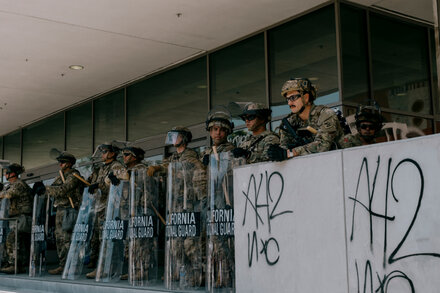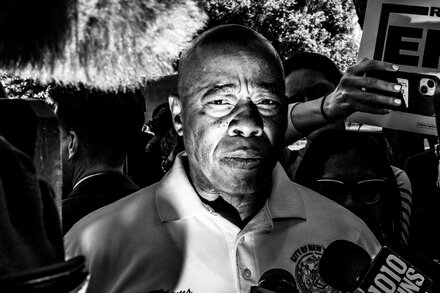The Trump administration reportedly pursued various avenues to explore the possibility of prosecuting former FBI Director James Comey, following his dramatic dismissal in May 2017. These efforts, according to reports and public statements at the time, stemmed from then-President Donald Trump’s deep dissatisfaction with Comey’s handling of investigations and his subsequent public criticisms.
From the outset of his presidency, Donald Trump expressed open distrust and anger towards James Comey, particularly regarding the FBI’s investigation into Russian interference in the 2016 election. After firing Comey, Trump escalated his public attacks, frequently labeling the former director a “leaker” and calling for investigations into his conduct.
“James Comey is a proven LEAKER & LIAR. Virtually everyone in Washington thought he should be fired for the terrible job he did for the FBI. He was the worst FBI Director in history, by far!” Trump tweeted in April 2018, reflecting his ongoing animosity.
Sources familiar with the administration’s internal discussions during Trump’s tenure indicate that there were persistent efforts within the White House and parts of the Justice Department to scrutinize Comey’s actions for potential legal violations. These discussions often centered on allegations such as Comey’s decision to retain and leak personal memos detailing his interactions with President Trump, and his management of the investigation into Hillary Clinton’s use of a private email server.
The Justice Department, under Attorneys General Jeff Sessions and later William Barr, faced sustained pressure to investigate perceived wrongdoing by Comey and other officials involved in the Russia investigation. While no criminal charges were ultimately brought against James Comey, the prolonged scrutiny underscored the highly politicized climate surrounding the Justice Department during the Trump presidency.
The legal review of Comey’s conduct included an internal Justice Department Inspector General report, which concluded that Comey had violated FBI policies by retaining and sharing his memos, but found no evidence that he disclosed classified information. This report, while critical, did not recommend prosecution.
Despite the lack of formal charges, the push to investigate and potentially prosecute Comey remained a consistent theme in President Trump’s rhetoric and was seen by some as an attempt to delegitimize the Special Counsel investigation led by Robert Mueller, which Comey’s firing helped trigger.
Source: Read the original article here.





